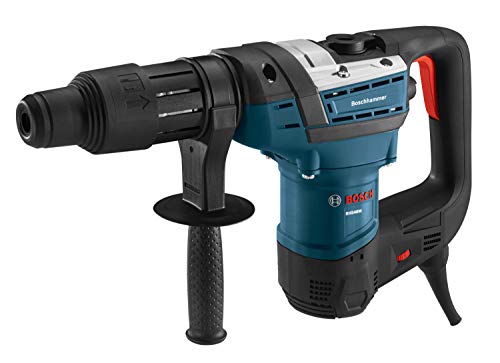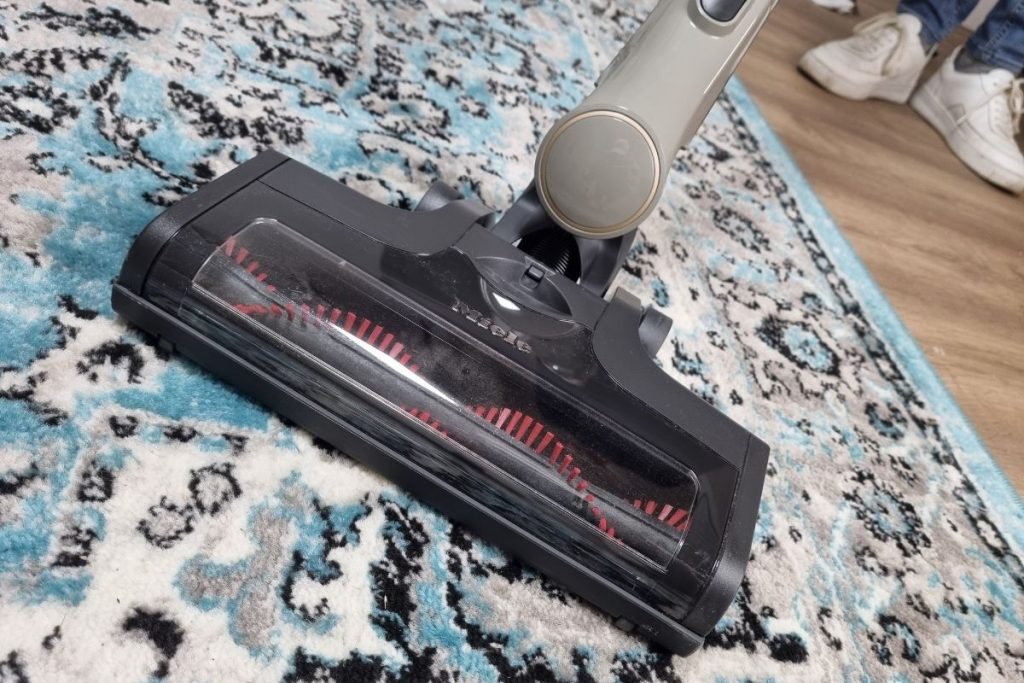Best Drill For Electrician Of 2024: Completed List
May 2, 2024 12:50 AM
What is the current state of the best drill for electrician in the market? As a result of the sheer number of options available, clients are likely to feel intimidated while trying to find an appropriate brand to shop for, There are simply too many choices, many of which are low-quality knock-offs, on the market.
In order to aid you in making an informed decision, we've put together a list of 11 different best drill for electrician product options that we've investigated and analyzed.

Overview
If you're fed up with wasting time and money on ineffective drills, here is the place for you. And you're probably looking for the "Best Drills For Electricians" as well as for other users. We'll see you at the end of this piece, we promise. You won't have to worry about that again since we've carefully selected each drill on this list to ensure that you get the greatest possible user experience with the best possible drill.
- SCORE9.6
- BrandDEWALT
- Prime
- SCORE9.2
- BrandBOSCH
- Prime
Last update on 2024-05-02 / Affiliate links / Images, Product Titles, and Product Highlights from Amazon Product Advertising API
Type Of Drill
Consider the type of drill you want to buy before anything else. Cordless and corded drills are the two most common options in the market. With a cordless drill, you get unlimited range and mobility, ranging from 4 to 18 volts, and as you go up the power hierarchy, the more serious the work the drill can handle.
Although the higher model is superb, it consumes more battery power than the lower model. Because the drill's battery needs to be recharged on a regular basis, it's a good idea to keep an extra on hand in case one runs out.
When using corded drills, there is no shortage of power because they always receive the same amount of power whenever they are plugged in. Corded drills, on the other hand, have a limited availability that is purely dependent on the distance from a power outlet. To get the most out of this gadget, you may require additional equipment, such as an extension cord.
Finding The Right Drill Size
A 1/4-inch drill bit is the smallest of the three standard drill sizes, but a 3/8-inch bit is the most common. The bit is held in place by the drill chuck, which has a diameter of this size. As you might expect, the 1/4-inch drill is the least powerful because it is primarily intended for operations requiring just modest amounts of force.
The 3/8-inch drill can be used for a wide range of home repair projects, as well as for a variety of other tasks. Finally, the 1/2-inch drill is only for heavy-duty applications. Variable speed clutches are being added to newer model drills, allowing you to choose multiple speeds. Regarding your preferred method of drilling.
Finally, it is necessary to be familiar with all of the many types of Mansory that exist. It's possible that you'll need to adjust the speed, torque, or rotational angle. As previously stated, hard materials necessitate larger bits with slower speeds and more torque, while soft materials necessitate faster speeds and less torque.
Held Comfortability
The ease of use and aesthetics of the drill should not be overlooked. We recommend checking the drill's weight and size before purchasing it. Consider how it will feel after a few hours of use if it is comfortable now. Remember to take into account how much power this drill will need to execute the tasks you intend to carry out.
In addition, the drill's design is an important consideration when comparing the two primary methods of producing drills. With a T-handle, you can reach the handle from almost anywhere on your body. As a result of this design, the weight is distributed more evenly, resulting in less restricted strain over a longer period of time. However, corded drills are more likely to be equipped with a pistol grip design at the rear of the drill.
Power
If your electrical project necessitates a lot of power, go for a corded drill. In contrast, a cordless drill can produce more power for a shorter length of time, but its portability makes it ideal for electricians.
Drill size
Hand tiredness can be avoided by paying attention to the drill's size while making your purchase. Choose a drill that is small enough to be stored easily while still allowing you to drill continually.
Chuck type
Modern drills almost universally come equipped with a keyless chuck. SDS chucks work well with hammer drills, but only screwdriver bits will fit in a hex chuck. As a bonus, a keyed-chuck drill requires a key to tighten or loosen the bits, which takes a lot of time. As a result, a keyless chuck on an electrician's drill will make it easier to operate.
Convenience
Right-angle drills are built using cheap and hefty materials because manufacturers are focused with slashing costs. It's unfortunate that electricians have to deal with hefty and cumbersome tools.
Hence, looking for right-angle drills produced with: is what I propose you look for.
-
In order to avoid cramping in your arms and hands after a few hours of using these instruments, choose lightweight materials.
-
LED lights are ideal for electricians who frequently work in cramped, dimly lit areas.
-
When drilling on hard surfaces, vibration-reducing grips are the best method to ensure that electricians are always comfortable.
-
Chucks that are simple to use are the greatest method to save time and ensure the stability of the bit during operation.
When purchasing battery-powered tools, nothing is more aggravating than having them fail mid-use. There are a number of reasons why acquiring right-angle drills and batteries with solid construction is the best approach to avoid future headaches.
Durability Features
Every few months, you're shelling out $50 to $100 on the same piece of equipment. Nobody!
Manufacturers frequently cut corners in order to boost profits at the expense of product longevity, and that's exactly what occurs with many electricians.
Since I've learned this lesson the hard way, I encourage other electricians to do their homework and find out exactly what materials are being utilized to produce their next tools.
-
How trustworthy are the internal parts of the device?
-
Is the plastic they're using of a high standard?
-
Consider the buildings, as well. Is it a long-term investment?
Before you even consider purchasing a right angle drill, you should ask yourself all of these questions and more.
What is the best cordless drill for electricians?
For electricians, a lightweight drill powered by a rechargeable battery rather than an electrical outlet is suitable. The motor should be powerful, the RPM should be appropriate, and the design should be small and ergonomic.
Do electricians use hammer drills?
An electrician's toolkit would be incomplete without a hammer drill. Hammer drills are commonly used by electricians for a wide range of jobs, including drilling holes for boxes or wall-mounted equipment. To secure conduits or route them through brick walls, they utilize hammers to drill pilot holes. An electrician may also use a hammer drill to drill an anchor into concrete, stone, or another hard material...
How Does A Right Angle Drill Work?
To be honest, it's fairly similar to a normal drill. They both use the same drill bits and do the same thing.
In order to facilitate drilling in awkward spaces, right-angle drills have their heads re-engineered to sit at a 90-degree angle.
What Is A Right Angle Drill Used For?
Drilling may be a nightmare for electricians because they are often required to work in confined locations.
Right-angle drills come in handy in this situation. When operating in these tight spaces, it is important to have the ability to drill at a 90-degree angle.
Final thoughts on the best drills for electricians currently available. An electrician can confidently complete the process of selecting the proper drill by keeping in mind all of the product specifications and the well-informed buying advice. In addition, all of the electricians offer free shipping and reliable customer support, and some even give guarantees of up to three years. As a result, select the drill that best matches your individual requirements.








![SEYVUM P10 21V Cordless Drill Set, [Powerful Brushless Motor] [Compact], Power Drill Driver, Electric Drill with Li-ion Battery, Fast Charger, Variable Speed, 57pcs Drill Bits with Tool Bag SEYVUM P10 21V Cordless Drill Set, [Powerful Brushless Motor] [Compact], Power Drill Driver, Electric Drill with Li-ion Battery, Fast Charger, Variable Speed, 57pcs Drill Bits with Tool Bag](https://m.media-amazon.com/images/I/5124wGSYBPL._SL500_.jpg)

















